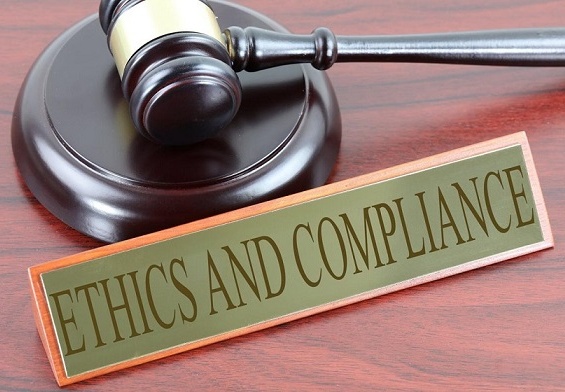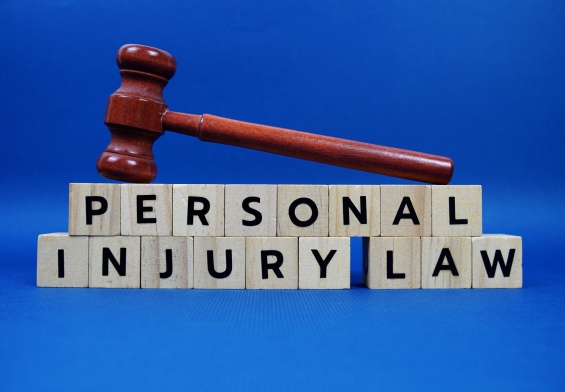Conflicts of interest happen when a professional or employee’s personal interests get in the way of their duty to their employer or clients. They can have serious legal implications, particularly in New Jersey, which has strict laws regarding ethical behavior in the workplace. An employment lawyer NJ spends a lot of time helping people understand when they’re facing conflicts of interest and what actions they can take if they think their rights have been infringed upon.
This article will cover the key elements of a conflict of interest in employment law, how to recognize one, and when it’s time to speak with an NJ employment attorney.
Understanding Conflicts of Interest in Employment Law
When it comes to legal proceedings or employment law, conflicts of interest arise when someone in a position of trust, like an employee, lawyer, or employer, has interests that are at odds with their duties, which adds bias to their decisions or actions. In a workplace, these interests can come in the form of as personal relationships, financial interests, or external commitments with the duties of the job.
Let’s say an employee needs to hire some new staff. If they recommend a friend or family member, without disclosing the relationship, that’s a conflict of interest. In a similar vein, if an employee at one business has a financial stake in a direct competitor of that business, that’s also a conflict of interest.
Looking at it from a legal perspective, workplace conflicts of interest undercut fair decision making, and that can expose employees and employers to potential legal consequences. The New Jersey Conflict of Interests Law states that professionals need to always act in a way that holds the respect and confidence of the people. Of course, giving friends or family members more favorable treatment undermines that respect and confidence. As a result, knowingly engaging with conflicts of interest results in serious consequences like termination of employment, legal action, and damage to professional reputation.
Recognizing a Conflict of Interest in Employment Law
Conflicts of interest can often be subtle and not immediately apparent, so they can be difficult to recognize. However, there are certain situations that can be seen as red flags signaling a conflict of interest:
- Personal relationships: When personal relationships, such as friendships or familial ties, influence workplace decisions (hiring, promotions, contract awards, etc.), this can create an unfair advantage and erode the integrity of the process.
- Financial interests: Employees who own or have financial stakes in companies that compete with their employer may make decisions that put their personal or financial interests first, instead of the other way around.
- Outside employment: An employee working for a competing company or providing similar services on the side without telling their employer could compromise the employer’s interests.
An NJ employment attorney can educate you on recognizing when these conflicts are happening. If you’re unsure, just remember that transparency is a necessity. Whether you’re an employer or employee, you should always disclose any potential conflicts so decisions can remain fair and unbiased.
Legal Ramifications of Conflicts of Interest in Employment
There can be serious legal consequences if a conflict of interest is found. They’re taken quite seriously in New Jersey, especially when they impact legal proceedings. For example, lawyers can’t represent two clients on opposite sides without the informed consent of both parties. In an NJ workplace, conflicts of interest can breach the duty of loyalty, which exposes the employer/employee to litigation.
New Jersey law dictates that a breach of the duty of loyalty can occur when an employee’s personal interests impact their ability to act in the employer’s best interest. Let’s say an employe has insider information or confidential company data they profit off by sharing with a competitor. They’re putting their own interests above those of their employer, which breaches the duty of loyalty that NJ law holds them to. If the employer suffers financially or reputationally from these actions, they can start legal proceedings.
Meet with an employment lawyer NJ to determine the severity of a situation that involves workplace conflicts of interest. They have the specialized knowledge they need to figure out if the actions involved qualify as a conflict of interest, and if they do, the steps that should be taken to deal with the issue.
How to Handle a Conflict of Interest at Work in New Jersey
If you think you’re involved in or affected by a conflict of interest at work, there are specific steps you can take to protect yourself and address the issue:
- Identify and disclose the conflict: The first step is to be transparent. If you’re aware of a potential conflict, tell your employer or legal advisor. Honesty can prevent future misunderstandings and legal complications.
- Seek legal advice: Consult an NJ employment attorney to review the specifics of your case. A legal professional can help determine whether the conflict constitutes a legal violation and advise you on the best course of action.
- Follow company policies: Many companies have policies in place to address conflicts of interest. Get familiar with your employer’s policies and make sure you’re following them appropriately.
- Avoid decision-making: If you find yourself in a position where a conflict of interest may influence your decision-making, step back and allow an impartial party to handle the situation. This protects you and your employer from potential bias.
In some cases, a conflict of interest can be resolved internally through mediation or adjustments to responsibilities. If it can’t however, or if it has a significant enough impact on your employment or workplace, it becomes necessary to seek legal advice. Contact an employment lawyer NJ for legal advice that’ll help you untangle the complexities of the situation and defend your rights.
When to Hire an Employment Lawyer for a Conflict of Interest in NJ
If there’s a conflict of interest that’s significantly affecting your professional rights, or you think your employer is acting against your interests, hire an employment lawyer. You should do so if you’re experiencing the following situations:
- Unfair treatment: If you believe you’ve been unfairly treated, demoted, or terminated due to a conflict of interest involving management, legal intervention may be required.
- Workplace litigation: If legal proceedings are initiated because of a conflict of interest, having an NJ employment attorney on your side will make sure your case is handled properly and that your rights are protected.
- Contract violations: Conflicts of interest often result in breaches of contract or New Jersey’s duty of loyalty. An employment lawyer can help you understand the legal implications and represent you in any cases that arise.
Dealing with Conflicts of Interest
Conflicts of interest in employment law can have serious repercussions for employees and employers. Many legal disputes can be avoided by recognizing potential conflicts and addressing them early. However, when conflicts of interest threaten your professional standing or lead to unfair treatment, it’s essential to seek conflict of interest legal advice from an employment lawyer NJ. With the right legal guidance, you can protect your rights and keep workplace decisions fair and without bias.
Resources:
https://law.justia.com/cases/new-jersey/advisory-committee-on-professional-ethics/1992/acp657-1.html
https://www.nj.gov/ethics/statutes/conflicts/
https://natlawreview.com/article/employees-duty-loyalty-employer




